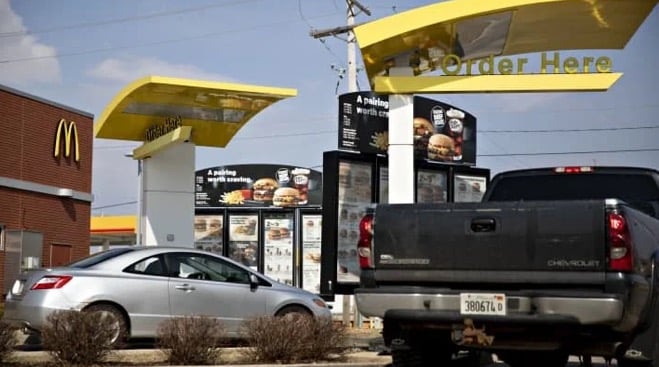A judge has temporarily blocked California from implementing a new law that would raise wages for fast food workers.
Sacramento County Superior Court Judge Shelleyanne Chang’s decision on Friday was the result of a lawsuit challenging the law brought on by restaurant industry groups.
The law, signed by Governor Gavin Newsom in September, creates a 10-member Fast Food Council “with equal numbers of workers’ delegates and employers’ representatives, along with two state officials, empowered to set minimum standards for wages, hours and working conditions in California,” according to a report from KTLA.
“California is committed to ensuring that the men and women who have helped build our world-class economy are able to share in the state’s prosperity,” Governor Newsom said in a statement at the time. “Today’s action gives hardworking fast food workers a stronger voice and seat at the table to set fair wages and critical health and safety standards across the industry.”
TRENDING: Here Are the First 12 Actions the GOP Should Take Once Taking Control of the US House
Under the new law, minimum wage increases would be capped at $22 an hour for workers at chains with more than 100 restaurants. The statewide minimum wage is currently $15.50.
According to KTLA, “state and county elections officials are still verifying whether the referendum proposal received enough signatures to qualify for the ballot, a determination expected by the end of January. If that happens, the law would be halted from taking effect until voters weigh in.”
“In the meantime, the state Department of Industrial Relations said it plans to begin implementing the law on Sunday,” the report explains. “That could include clearing the way for appointments to the Fast Food Council. But any wage increases or other changes couldn’t take effect until at least October, meaning the law would have no immediate impact on worker pay.”
The International Franchise Association and the National Restaurant Association argued that the law cannot go into effect while it is still being determined if the referendum was legitimate.
“California bureaucrats, at the behest of special interests, are taking an unprecedented step to violate their Constitution and the will of more than one million voters who asked for the Fast Food Council to be stopped via the referendum process,” Matt Haller, chief executive officer and president of the International Franchise Association, said in a statement.
The next hearing regarding the lawsuit is scheduled for January 13.



